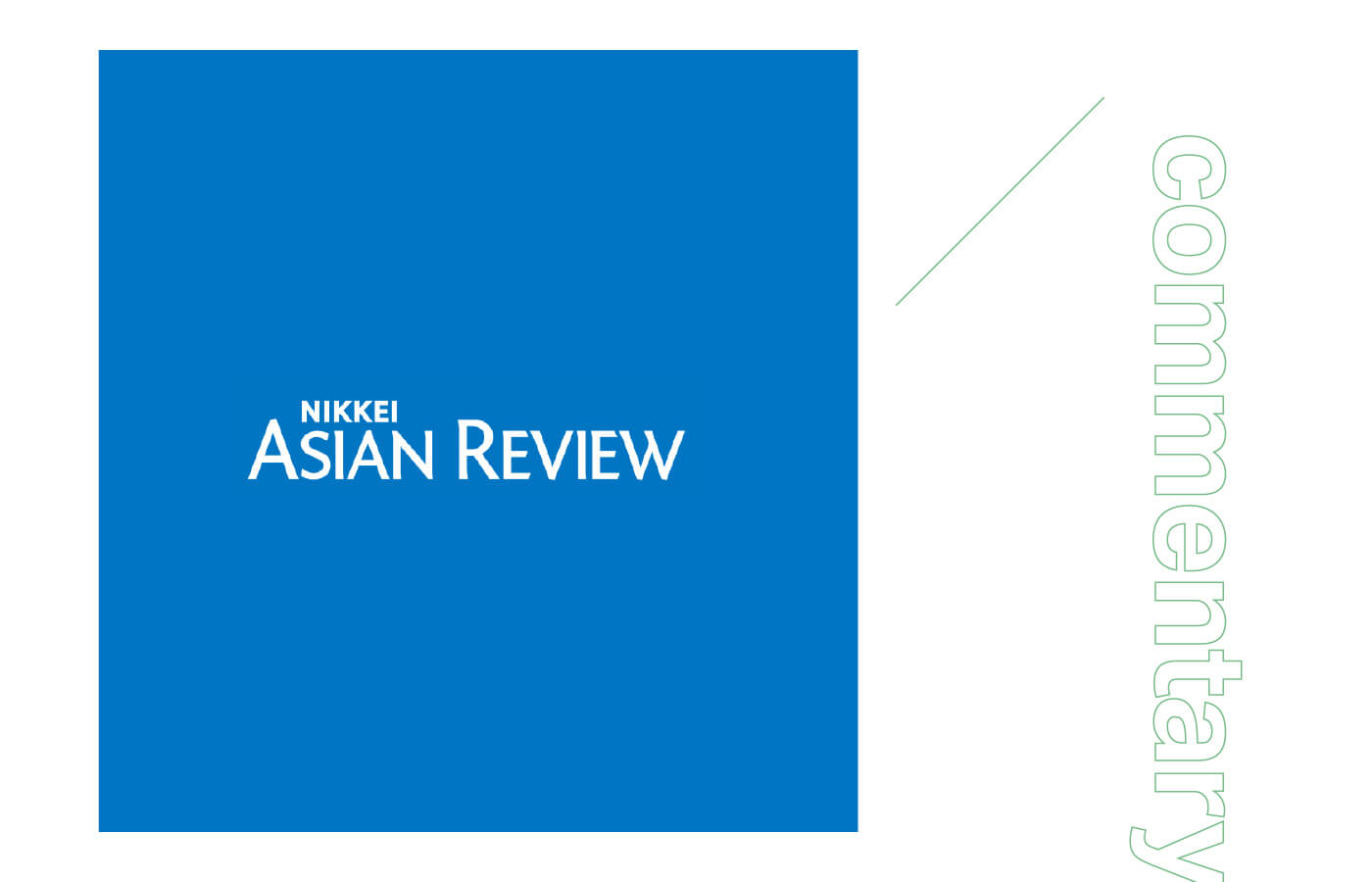By Puttanee Kangkun in Nikkei Asia
Thailand’s judiciary has been playing a pivotal role in recent weeks as powerful elites sought to obstruct, harass and silence elements of society they consider a threat, including the Move Forward Party, which captured the most votes in the election held in May.
Human rights activists have also been targeted with spurious court proceedings. My own legal odyssey began in 2019 after I posted a few tweets and retweets on Twitter, the platform now known as X, to show solidarity with human rights defenders who had been sued by Thai poultry producer Thammakaset Co. for drawing attention to poor working conditions at its plants.
The company zeroed in on a hyperlink in my social media posts which indirectly led to a video created by Fortify Rights, the human rights organization that I worked with.
The video, which Thammakaset considers defamatory, featured a former employee talking about the company and includes allegations the company denies. Although two Thai courts found in an earlier case that the video is not defamatory, the Bangkok South Criminal Court ruled that the company’s suit against me should proceed to a full criminal trial.
After more than three years of proceedings and 15 hearings before three judges, I expect to be sentenced on Aug. 29.
According to the Thai Penal Code, I could be imprisoned for 42 years for my 21 posts and reposts.
The prospect of spending the rest of my life in prison is awful. But what really fills me with dread is the chilling effect that court cases like mine will have on the next generation of human rights defenders in Thailand.
The proceedings have distracted me from my work and eaten up my time. My home is about 45 kilometers from the courthouse in the city center, a commute that takes about two hours on a typical weekday morning.
To ensure that I arrive on time, I sometimes stay overnight in a hotel near the court. Most of my court appointments have taken an entire day to complete. On some occasions, I have arrived in court only to learn that the hearing has been adjourned without notice to the parties involved.
The case has drained time and resources from my former employer too. Fortify Rights has fortunately secured more than $77,200 in donations to cover legal fees and other costs for myself and nine other human rights defenders facing complaints from Thammakaset.
The slow but persistent drumbeat of proceedings has weighed on my family and loved ones. The steady grind on resources, time and mental will is integral to so-called strategic lawsuits against public participation, or SLAPP actions.
In Thailand, companies and other groups typically file SLAPP defamation cases to try to use the criminal code to intimidate and censor human rights activists, journalists and academics.
SLAPP suits have been going on for far too long in Thailand. According to data from the government’s Office of the Judiciary, at least 25,000 criminal defamation suits have been filed since 2015. Thammakaset alone has launched at least 37 lawsuits against 22 individuals since 2016, mostly women.
Thankfully, I have continued to receive overwhelming support to deal with this case from my family, The Fort, the team at Fortify Rights and other human rights defenders and foreign diplomats in Thailand and around the world.
But I have often wondered how others less fortunate and more marginalized than myself deal with similar prosecutions for exercising their constitutional right to freedom of expression in good faith. What lengths must they go to defend their rights and the rights of others? How can they tolerate this seemingly endless and bruising process? And why should they?
Even the Thai government, which often uses the courts to attack its critics, acknowledges the chilling effect that SLAPP actions can have. The Ministry of Justice’s National Action Plan on Business and Human Rights noted that the Criminal Procedure Code had been amended to allow judges to dismiss suits launched to distort facts or to bully defendants.
Yet this amendment has had limited impact. My lawyers tried to invoke it to have my case dismissed, but the court rejected their motion.
More can and should be done, starting with decriminalizing defamation, as experts working for the U.N. and human rights organizations have suggested. Defamation is a legitimate concern in Thailand as elsewhere, but it should be handled in civil court.
A robust civil society that can speak truth to power is an indicator of an equitable society. SLAPP actions inflict economic and psychological harm on individuals and poison the environment for civil society and democracy in Thailand.
When Thailand’s new government is finally formed, its agenda should include an early move to end SLAPP suits to protect human rights defenders.
This article was originally published in Nikkei Asia here.
